Of all our economic development strategies, education is the one with the greatest return on investment. Investment in the education of Maine people creates lifelong learners, opens pathways to promising careers, and produces civically engaged citizens. Our annual Education Indicators report is a trusted, nonpartisan resource developed to better understand Maine’s entire education system—from early childhood through postsecondary.
2022 was our busiest year to date. We know there is so much work to be done to make sure that all Maine people reach their greatest educational and economic potential, and we're just getting started.
We're proud to share this overview and recap of our work and impact in 2022. You can download the report here.

Educate Maine, the Maine State Chamber of Commerce, and the Maine Development Foundation are proud to present you with Making Maine Work: Critical Investments for the Maine Economy 2022. The goals and recommendations within this report were informed by over 500 respondents to a survey of employers and business leaders statewide. That survey asked them to identify the top priorities for the next governor and legislative leadership. It is not an exhaustive list of issues but rather a focused list of the top priorities for Maine employers. It is no surprise that workforce - skill, size, and diversity - as well as rising costs - energy, insurance, and housing - were at the top of that list!
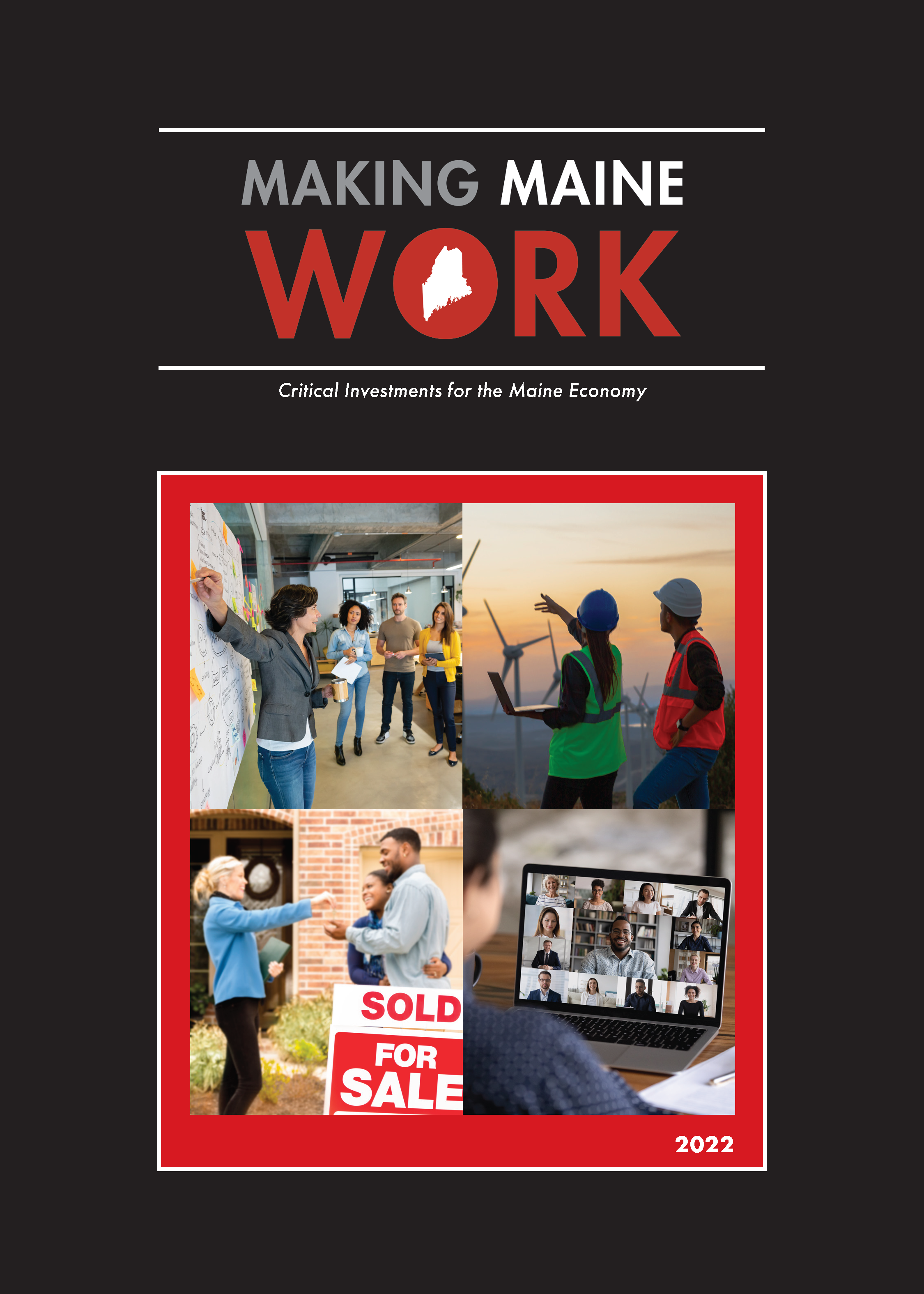
Educate Maine is proud to share the work of the Maine Early Learning Investment Group (MELIG). In 2012, MELIG formed as a consortium of business leaders who understood that the success of Maine’s economy depends on investing in high quality early childhood education starting at birth. The initiative, Elevate Maine, was designed to demonstrate the impact that such an investment has on school readiness and to raise public awareness about the benefits and financial return on such an investment. In 2013, MELIG formed a private-public partnership with Educare Central Maine and its regional administrative partner, Kennebec Valley Community Action Program (KVCAP) and selected rural Somerset County as the site for the demonstration project which is called Elevate Maine/Somerset. This project’s goal was to fundamentally change the early childhood education system in Maine --- one community at a time. Please review the reports below to learn more about this great work.
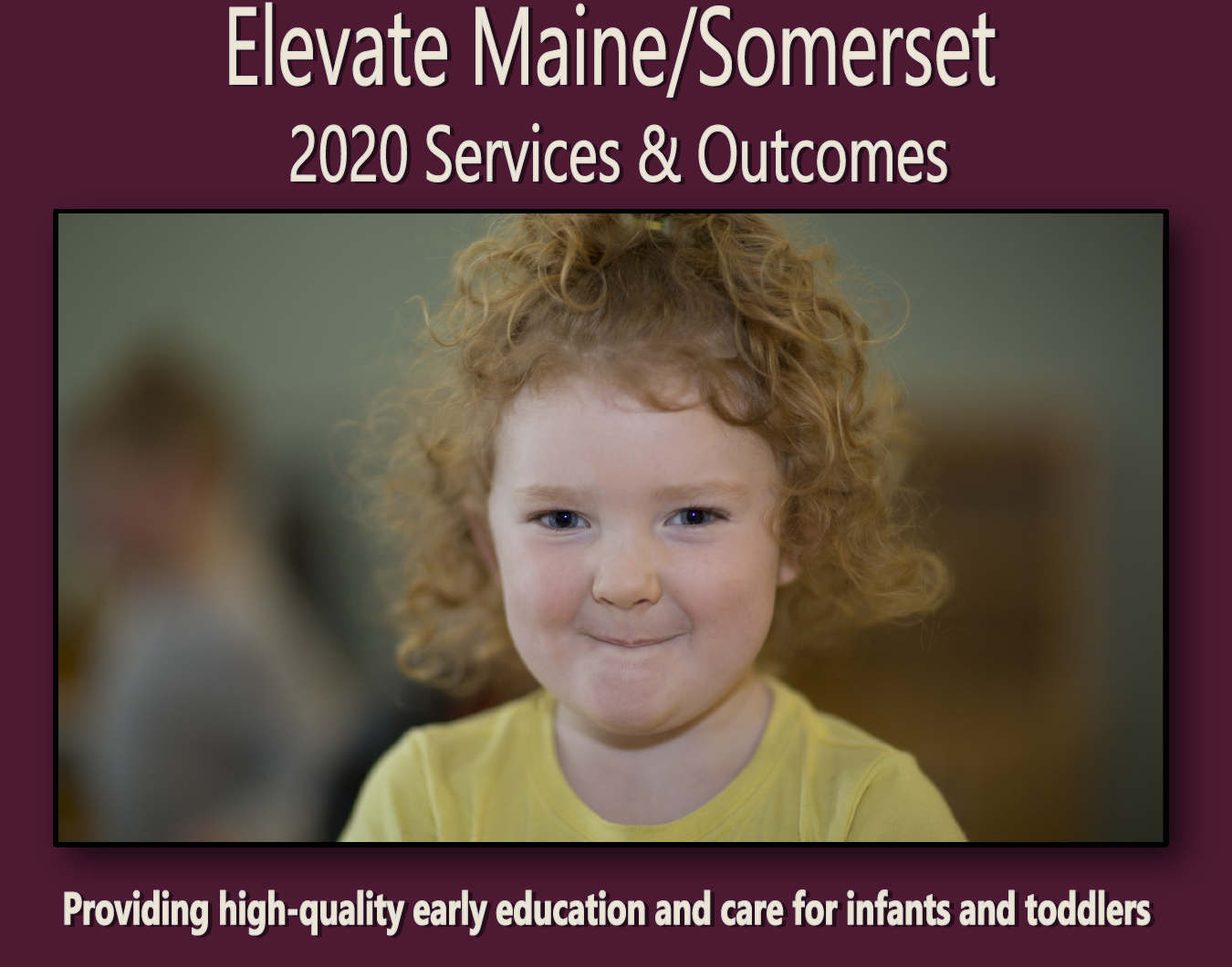
This policy brief series focuses on individual indicators within the larger report and presents recommendations for strategies and actions that will improve outcomes. By design, the recommendations do not represent the full list of possible best practices, but rather focus on a few selected strategies with high return for Maine people. This policy brief series is brought to you through a partnership between Educate Maine and the Maine State Chamber of Commerce.
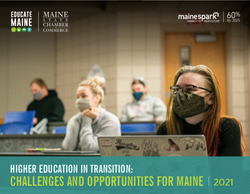
The pandemic has changed the way we all live, work, and learn. As Maine’s people and institutions adapt to the new realities of remote and hybrid learning, this brief addresses several steps we must take to work toward equitable access to postsecondary education for all of our citizens.
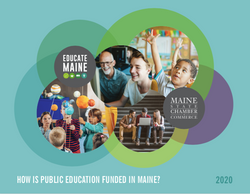
This primer provides an overview of how public education is funded in Maine. It provides a brief history of education funding and details how much money is spent, by whom, and how this is decided. The report covers spending from early education through postsecondary education.
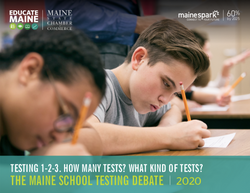
This brief covers the purpose of educational tests and how students are assessed in Maine's public education system. Readers will learn about the opportunities and limitations of student assessment, as well as about innovations happening in Maine and elsewhere that can inform directions for assessments in the future.

This brief highlights data on diverse student populations in Maine and outlines a set of strategies to help diverse student learners thrive. Welcoming and supporting diverse students will help attract and retain young families to Maine, grow Maine's workforce, and benefit Maine's communities and economy.

This report identifies six sectors where the Maine economy is producing high-quality, high-paying jobs. Unfortunately, many jobs remain unfilled because too many Maine students and workers don't have the necessary knowledge, skills, or credentials to fill these roles. This brief shares a range of case studies that illustrate the creativity, initiative, and variety of school-employer partnerships that can help address these gaps.
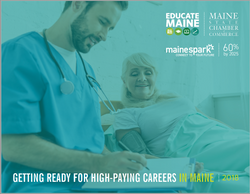
This report identifies the jobs and sectors that are projected to be in demand in Maine for the next ten years: computer analysis, construction, engineering, health care, hospitality, and manufacturing. For each sector, the report describes the particular jobs that are in demand, the pathways for certification in each of these jobs, and how those interested can take the initial steps to get qualified.

Career and Technical Education (CTE) schools connect Maine youth to credentials of value that prepare them for careers and college. This brief provides six strategies with 11 recommended actions to elevate the profile of the CTE pathway, increase its capacity, and maximize the number of students enrolled in CTE programs in Maine.
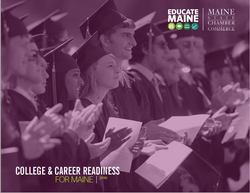
The path to college and career readiness begins in early childhood and involves the continuous support of families, schools, and communities. This brief highlights seven diverse strategies and 15 concrete actions that Maine can take to improve college and career readiness for our students.
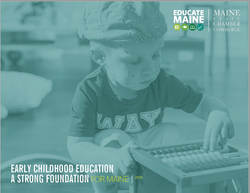
If Maine were to provide high-quality early childhood education to all, it would allow more parents to work and pay taxes; reduce state per-child spending on special education, juvenile corrections, and child protective services; reduce the costs in later years of public assistance; and increase tax revenues from participants after they had grown up. And yet public funding for early childhood education is disjointed. This brief shares five strategies and nine recommended actions to ensure that access to high-quality early learning is available to every Maine child.
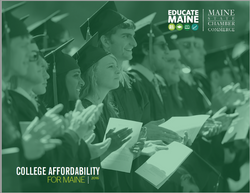
This is the first in a series of policy briefs aimed at achieving the goals laid out in the annual Education Indicators for Maine report. The specific indicator addressed is College Cost and Student Debt, for which the brief outlines six strategies and eleven targeted actions for reducing debt and making postsecondary education more affordable.